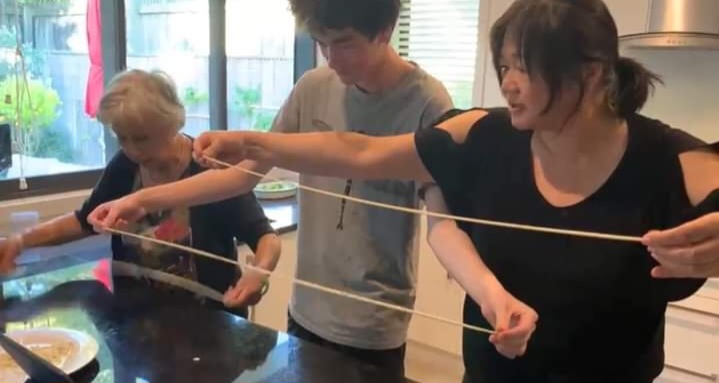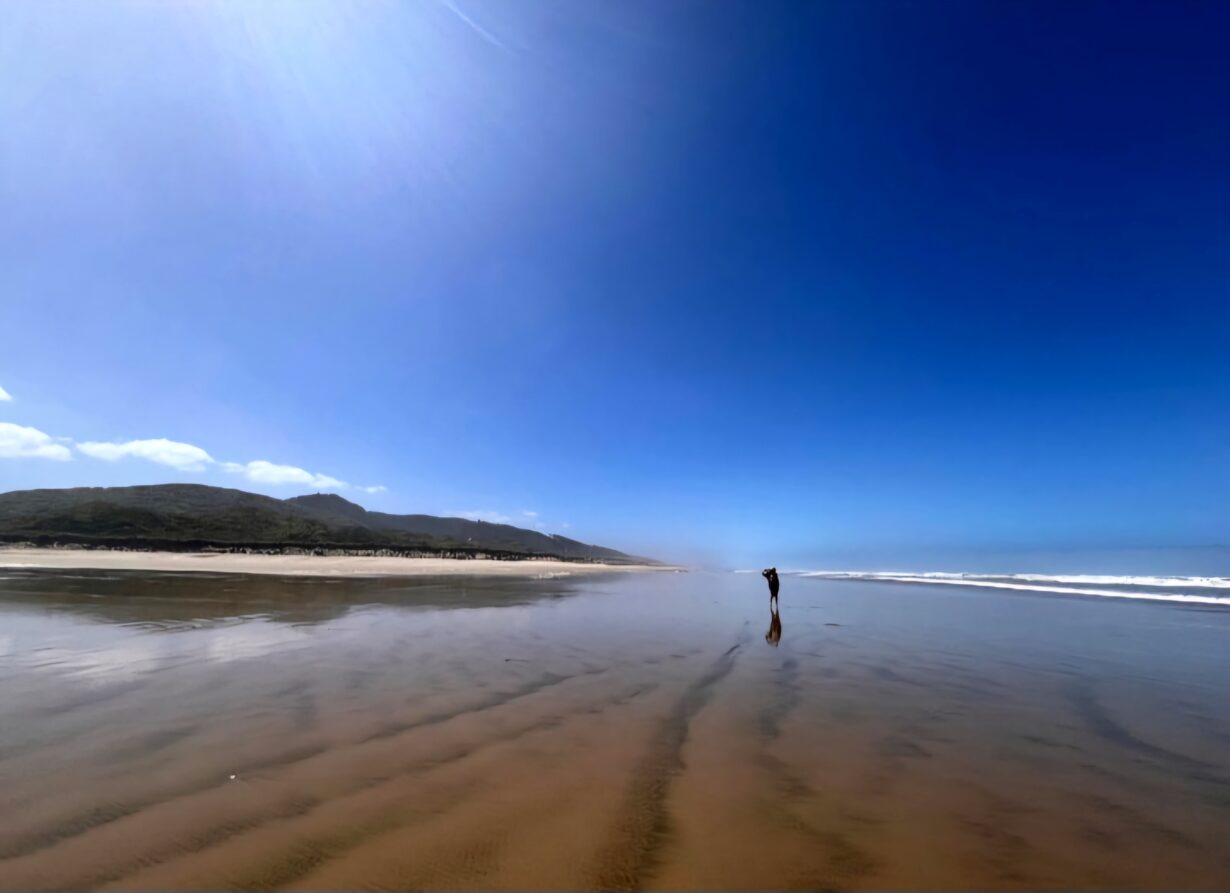Meeting Bev is a pleasure, she exudes intelligence and joy. She has conducted significant community research over the years, and we have found her experience invaluable. We wanted to know more about Bev, why she became a researcher and what makes her tick – read her story below.

Tēnā koe Bev – Tell us about you and your research?
Tena koe
I am fourth-generation New Zealand Chinese. My great-grandfather arrived in Te Whanganui-a-Tara, Aotearoa in 1896 from Guangzhou, China and my mother arrived as a child with her grandmother from China as refugees to Aotearoa in 1939. I was brought up in Te Papa-i-Oea (Palmerston North) where the family was very involved in the Manawatu Chinese Association and sports club. I have mostly lived in Te Whanganui-a-Tara since the late 80s and re-engaged with the Wellington Chinese Community when my son was three years old (attending Chinese pre-school). Since then I have remained engaged with the Wellington Chinese Sports and Cultural Centre and am also actively involved with supporting the New Zealand Chinese Association. This includes supporting mahi relating to social cohesion, the development of resources about New Zealand Chinese history as part of the education curriculum in schools. In 2020, in response to the heightened anti-Chinese/Asian sentiment prompted by the COVID context, I successfully co-led the Aotearoa Poster Competition initiative working in partnership with the New Zealand Chinese Association, Asian Family Services, and The Asian Network Incorporated (TANI). www.aotearoaposter.com
The research I have been involved in has been wide ranging in terms of focus, complexity and size. However, common across them all is a desire to better understand diverse lived experiences to provide a knowledge platform that contributes to better decision making and wellbeing outcomes for communities in Aotearoa. Key examples of my work experience include as the Families and Whānau Wellbeing research lead for three years where I implemented a dual stranded Western and Te Ao Māori work programme (SuPERU); as designer and lead facilitator for national consultation with recent migrants in 2018 (for MBIE); engagement with national ethnic and faith-based community groups about social cohesion measurement gaps (for MSD); and as part of the organising committee for the Ethnic Research Hui Aotearoa 2023. I have a passion for, and commitment to, a kaupapa of a capable, strong, and vibrant community-centric research sector. Within this, is an emphasis on research and evaluation that supports the needs, aspirations, and voice of ethnic communities as a personal and professional focus.
Other mahi examples include:
- leading the development and piloting of a longitudinal survey of migrants in Aotearoa which subsequently gained funding for the full longitudinal study
- design and leading an evaluation of the Noho Marae experience pilot – Huarahi Hou: Pathway to Treaty based multicultural communities – The Experience of Noho Marae in Migrant Settlement
- design and facilitation of heritage sector stakeholders including heritage community, local and central government stakeholders for planning in an earthquake-prone context
- strategic development – investment narratives and theories of change working with the Toi Mai Development Council
- design and national consultation lead to understand the needs and lived experiences of recent migrants (for MBIE)
- research programme lead at the Ministry for Culture and Heritage involving the design and implementation of an annual programme of work
- evaluation lead for the piloting of the Recognised Seasonal Employers Scheme including engagement as part of New Zealand delegation to Pacific States (for MBIE)
What would be important for you to see as an outcome of your work?
At its core – the most important research outcome to me is to see the findings of research used in policy and decision-making that improves people’s lives in a way that resonates with their sense of identity. I am a firm believer in the need to adopt an And-And (plurality) frame of reference. For me – this includes:
- the need for community research and methods that align with different ways of knowing, being and doing and that we can use these different approaches to create knowledge platforms and negotiated spaces that are used for decision-making
- that we need to situate our mahi in Aotearoa – understanding what has gone before to understand current contexts and plan well for the future
- being a small supportive part of a broader movement that builds, shares and encourages korero and understanding across different knowledge frameworks and paradigms.
There’s a time to sit around and theorise and a time to do -from your perspective what does that look like to you?
For me it’s an iteration and a spiral of continuous learning, adapting, and adjusting.
I think there are windows of opportunity for research so that it has the best opportunity for timely impact in linking with policy and operational decision-making. Having said that – there are also areas where it is important that evidence is continually updated to build an on-going case, so the visibility moves from the periphery to a more central space on the work agenda for social change.
And essential to both the theorising and the doing – is the need to foster, maintain and strengthen relationships and understanding within and across communities as a fundamental starting point.
How have you have come to know the principles of Te Tiriti and the impacts that has on your understanding of Aotearoa?
Much of my awareness of Te Tiriti has come from working within the public sector for over two decades. Different roles I have taken on have included Te Tiriti training, and my mahi has at times included a necessary emphasis on recognising the need to operate within a bicultural frame of reference. This includes, for example, working with Māori advisors, researchers and the reference group to lead the Families and Whānau Wellbeing research programme. Over the years, I am so thankful for the invaluable support from the many Māori knowledge holders who have taken the time and patience to give me the space to learn from mistakes, unlearn and broaden my frame of reference, and to have those “aha” moments for moving forwards. I feel blessed and privileged to have been given the opportunity to work on the mahi that I have over the years and to gradually better understand what these principles mean.
When you think about the work you as an individual want to achieve – what do you feel is the most important future focus?
Acknowledging the past and better understanding ourselves in the present to bring our diverse lived experiences and diverse knowledge frameworks together so we can together take collective and collaborative responsibility for our future as a bicultural society with multi-cultural communities in Aotearoa.

